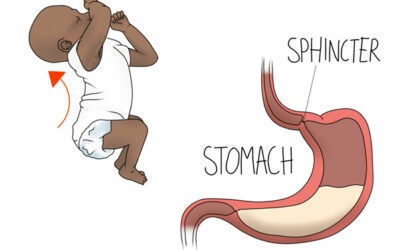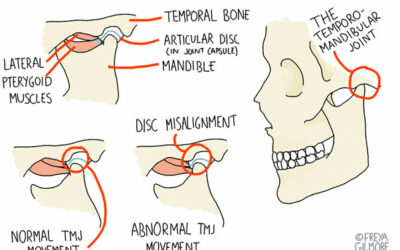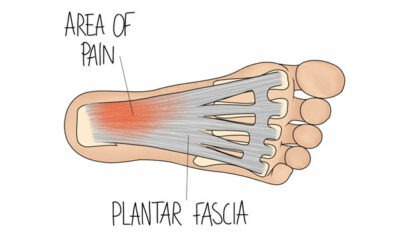 As the children go back to school this September, we thought it would be a good time to talk about the importance of maintaining a good posture.
As the children go back to school this September, we thought it would be a good time to talk about the importance of maintaining a good posture.
On the way to and from school, children carry heavy backpacks; during the day they are slouched in their seats; and now that technology has advanced, they are leant over looking at iPads and phones. Each one of these can potentially cause problems, and unhelpful habits can continue on into adulthood.
Our osteopaths say that the best way to avoid poor posture is to be aware of our bodies, and to ensure we exercise.
Humans belong to the species Homo sapiens, originating 130 000 to 60 000 years ago. As you can imagine, our way of life has changed dramatically over time, but our anatomy was developed for the lifestyle our ancestors led. In the beginning, we hunted for food carrying weapons; built our own accommodation, and travelled vast distances in order to do both. Life was extremely active, and our bodies evolved to accommodate this. Thanks to supermarkets and estate agents, these tasks are no longer necessary; we focus on very different goals, one of which is to get an education, and a successful career. Unfortunately studying involves a lot of sitting for prolonged periods. Our bodies were not designed for this, so it is important to be mindful, and use techniques to help the body to cope.
We have hundreds of muscles making up the human body, and many of these are involved in maintaining our upright posture. Carrying heavy bags, slouching in our chair, and tilting our necks to use phones and iPads can strain the muscles and soft tissue, potentially causing problems such as back, neck and shoulder pain. There are easy techniques that we can learn about, and practice in order to avoid such issues:
- Imagine you are being dangled from a piece of string that is attached to the top of your head and allow your shoulders to relax.
- While sitting, keep your back straight, your shoulders back, bend your knees at a right angle, and keep your feet flat on the floor.
- Avoid ‘text neck’ by raising your phone to eye-level, take plenty of breaks, and stretch.
Or simply become a Nomad.
Our osteopaths are experienced in the analysis of posture, and may sometimes recommend the Alexander Technique; the teaching of improved posture and movement.
If you are suffering from pain that you think may be posture-related, would like to be seen by one of our osteopaths, or if you have any further questions, then please get in touch with us. You can call us on 0113 237 1173 or email info@goodhealthcentre.co.uk, and we will get back to you promptly.



0 Comments